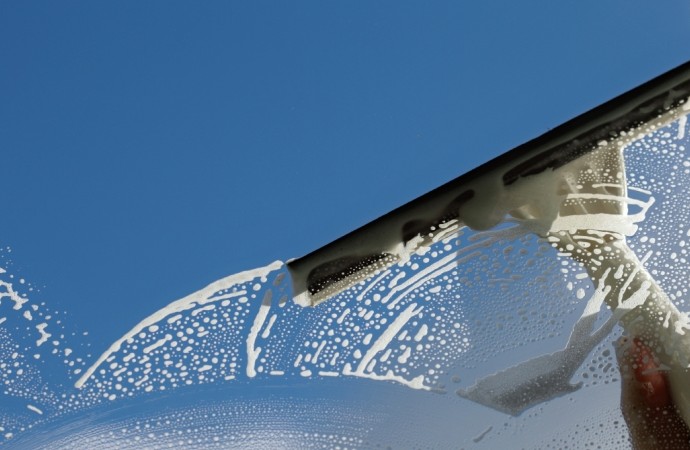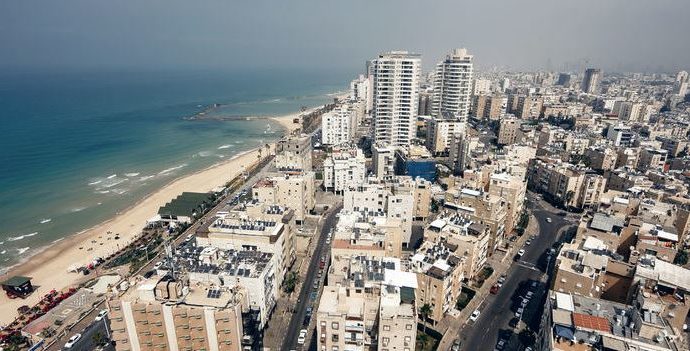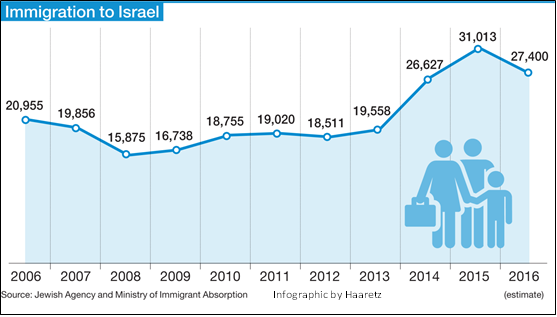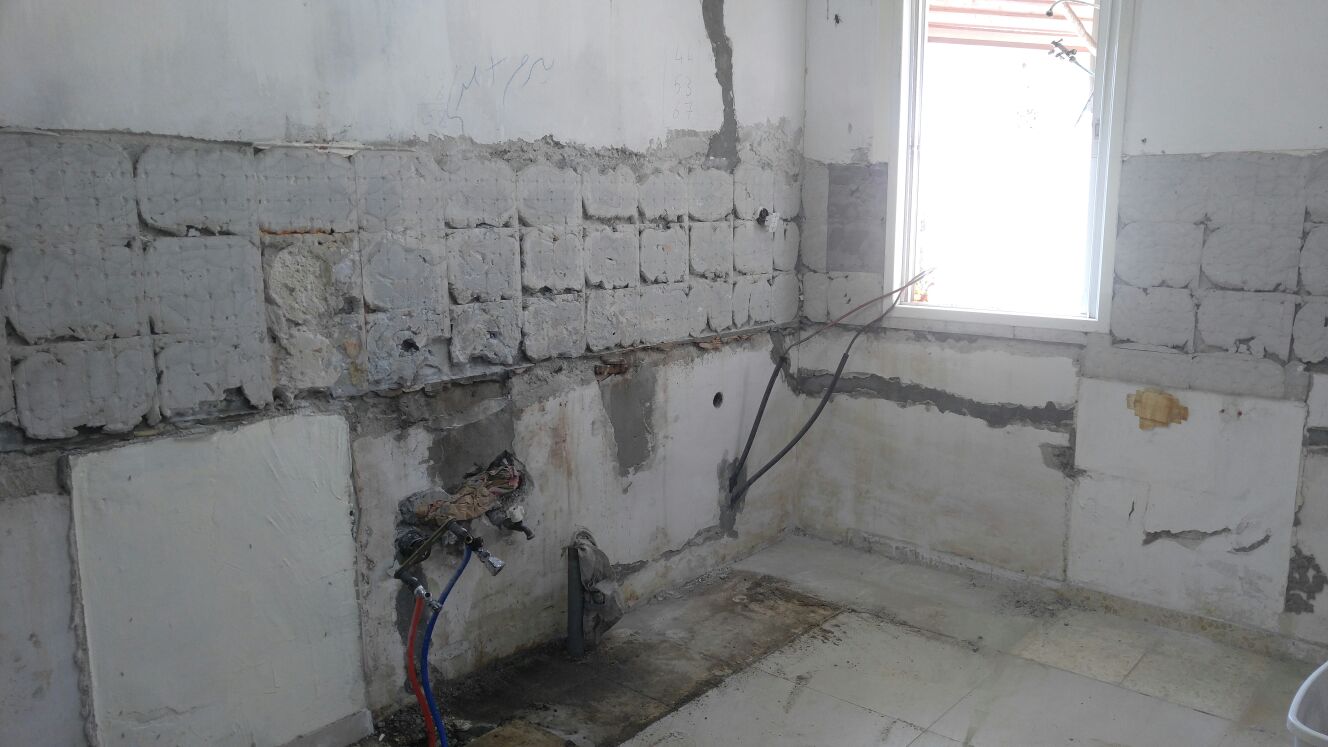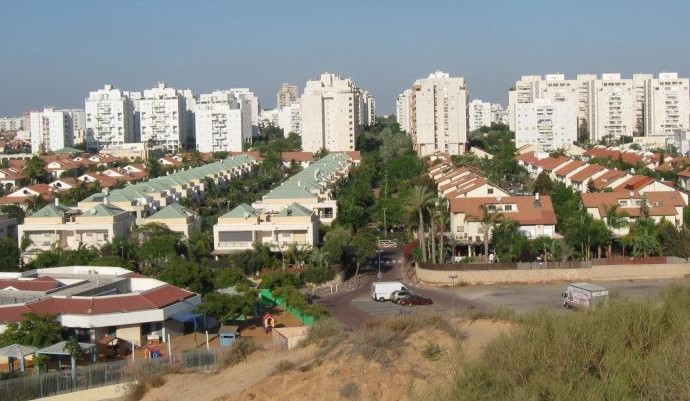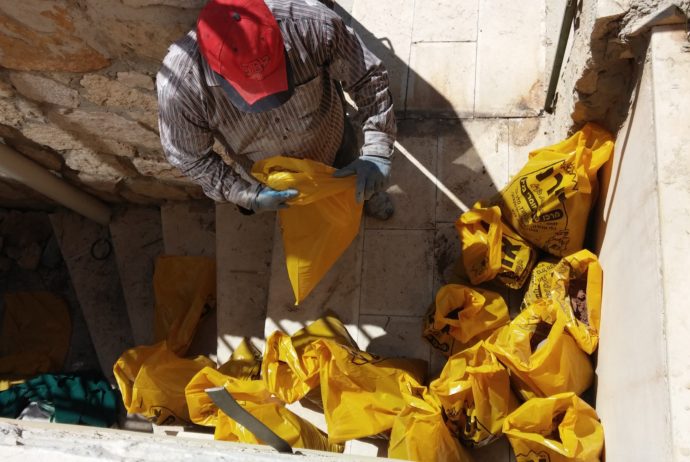How does Israel’s buy to rent market compare with other real estate markets around the world? What profit can investors expect to make from buying and renting out apartments?
As with many things in Israel, the real estate market is complex and hard to predict. Israeli property prices rose by 5.9% during 2016, while rental prices rose by just 1.4% over the same period – the lowest annual increase since 2008. The shortage of housing stock and the rise in mortgage interest rates is boosting demand for rental housing but not driving up rental prices, so yield rates for investors are not increasing in parallel with housing prices.
Potential property investors look for a number of different factors when assessing their likely return on investment – purchase price, anticipated increase in property value, rental returns and renting costs. They also look for economic stability and predictable regulations, both of which are difficult to find in this region of the world. For example, fluctuations in the value of the shekel, which has risen 12% against the dollar over the past 5 years, make it difficult for overseas investors to calculate their ROI.
Legislative uncertainty has made Israeli real estate investments more unpredictable in recent years. The purchase tax on housing for investment was increased in 2015, and there is legislation on the books to tax the owners of three or more properties (currently held up by Israel’s Supreme Court). There have been multiple attempts to regulate the rental market in Israel but none have resulted in legislation.
Various bills have been introduced in order to try to stabilize rental prices, by either prohibiting landlords from raising prices or incentivizing them not to do so. They have tried to specify what conditions a rental property must meet, what repairs landlords are liable to make, and the maximum value of the collateral that they can demand from tenants. However, these bills have not passed into law because the government does not see it as an urgent priority, leaving the market largely unregulated.
One of the consequences of this regulatory vacuum is that Israel offers the lowest landlord costs in the world. According to the Global Property Guide (www.globalpropertyguide.com), Israel has one of the lowest “round trip costs” for property investors of any country, ranking 102 out of the 123 countries that they have surveyed. They look at the total cost of buying and then re-selling a residential property of comparable value, including all the rental costs (except the sale price itself), and this figure is expressed as percentage of the property value. In Israel, this total transaction cost is 6.74% of the property value, compared with 8.03% in the UK, 10.65% in Hungary and 18.45% in France. This means that the price of buying and selling investment properties, in terms of registration costs, real estate agent and lawyers’ fees and sales and transfer taxes, is relatively low in Israel compared with most other countries.
The same Global Property Guide shows Israel as levying 7.75% tax on rental income, which ranks us 89th out of 130 countries measured. In Switzerland the tax is 48% but in the Bahamas and many other countries there is no such tax, so Israel sits somewhere in the middle of the table. (Their calculations assume that the property owner is a non-resident foreigner with no other local income.)
Indices like this are not totally reliable, because situations change and certain assumptions have been made in the collation of comparable figures. For example, the agents’ and lawyers’ costs paid by buyers and sellers vary widely, with buyers of more expensive properties often paying proportionately lower agents fees.
However, it is clear from the Global Property Guide and other international indices that Israeli properties do not give the best return on investment compared with other countries around the world. The Guide website shows the return on investment in Israel as 2.57%, less than the average yield for the United States at 2.75%, and close to the bottom of their international table as the 76th of the 80 countries for which gross rental yields are measured. Investors could probably make much higher profits by investing in Eastern Europe or Asia, and yet the property investment market in Israel remains strong.
At Creative Estates, we understand that return on investment is not the only driving force in the Israeli buy-to-let market. In our experience, people who buy properties to rent in Israel are usually looking not only for a good long-term return on their investment, but also to own properties that they and their family may live in one day. They recognise that Israel’s strong economy, rising birth rate and steady flow of immigrants are keeping property prices high. Politicians and economists may talk optimistically about increasing the supply of properties and taking the heat out of the market, but most investors recognize that real estate is holding its value.
At Creative Estates, we don’t believe that the Israeli property bubble is going to burst – it may deflate slightly as the supply of new housing increases, but we are seeing solid property prices and steady rental income. Jews from around the world continue to buy real estate in Israel as their security against increasing anti-Semitism and to fulfil their dream of retiring to the Holy Land. As long as the rental income remains high enough to offset the costs of their investment, they will be happy to buy to let the real estate that they hope will one day become their home.
